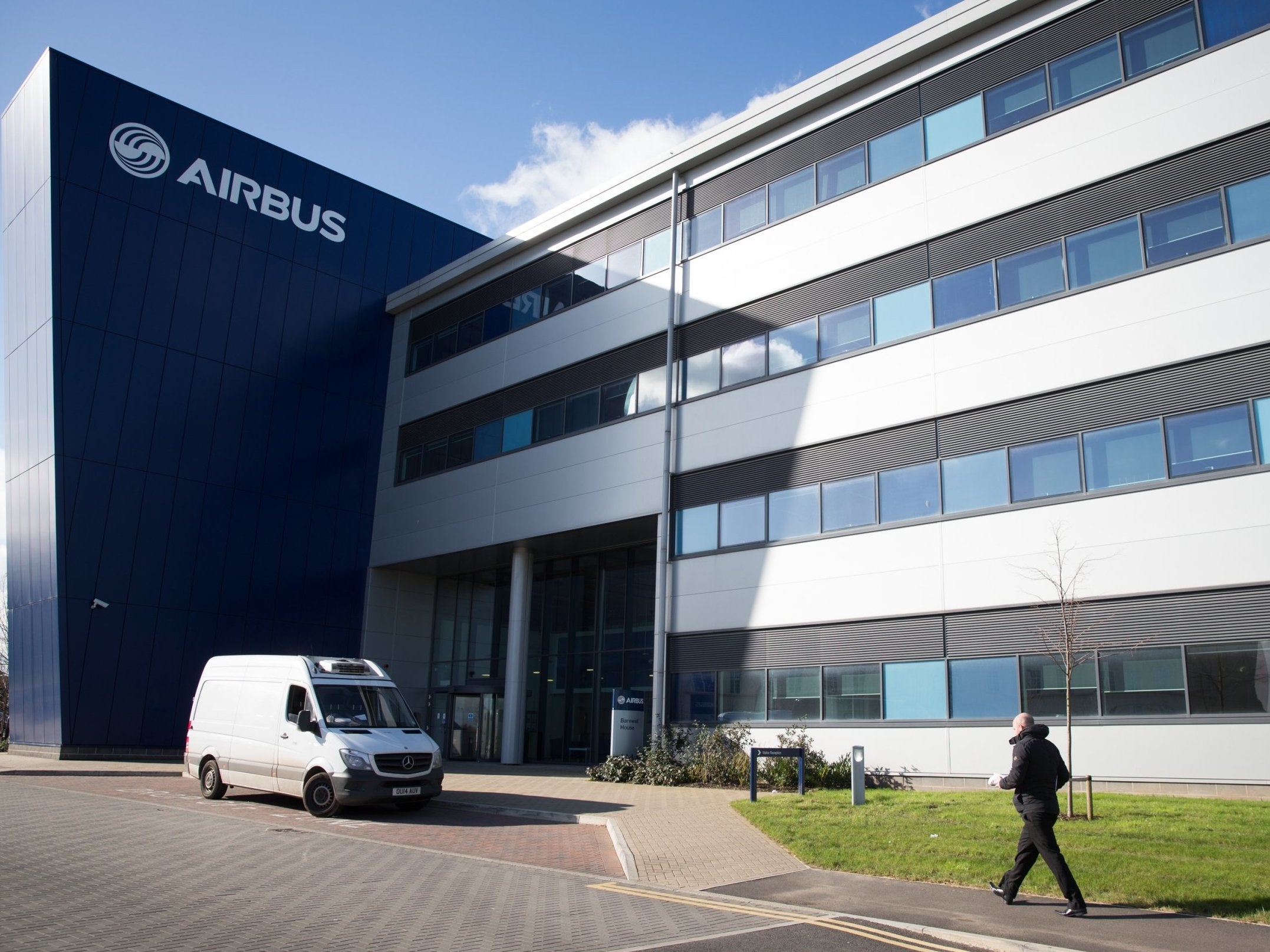Is Brexit causing hundreds of companies to leave the UK?
Firms won’t be ditching their bases in the UK just yet, but they are getting their ducks in a row in order to be prepared for all eventualities, as Ben Chapman explains


The flood of companies rushing to leave the country after Brexit seemed to have become a torrent this week as Dutch authorities revealed they were in talks with 250 firms over moves to the Netherlands.
That’s not to mention those that have opened or expanded offices in Ireland, France, Germany and other EU member states.
So are companies leaving in droves and taking jobs with them by the thousand or is this the latest propaganda from “Project Fear”?
Two multinational companies this week helped to illustrate the complexities inherent in answering that question: Sony and Airbus.
First, Sony announced it was moving its headquarters to the Netherlands. This is not as dire as it sounds for the UK though.
Employees are not leaving the company’s Surrey head office en masse, Lehman Brothers-style, clutching cardboard boxes filled with their personal effects. There will be no staff hitching rides to Amsterdam. Business will carrying on as normal.
How come? Well, as Sony made clear, the change of address is purely administrative. The company hasn’t hired a single new employee in Amsterdam, not yet at least. It has just filed some paperwork with Dutch authorities who were no doubt extremely eager to get it signed off and rubber-stamped.
The Japanese conglomerate wants to keep its European base inside the EU and the single market after Brexit to avoid any potential regulatory problems.
While this is far from a Brexodus, it is still concerning. The Dutch aren’t spending considerable amounts of money to lure multinationals because they enjoy filling out paperwork. They predict, with good reason, that jobs and investment will begin to flow their way as the reality of trade after Brexit becomes clear.
Some of this will take the form of changes to future decisions: jobs that would have come to the UK but instead go to Amsterdam, Paris or Frankfurt.
Unsurprisingly, with little to no clarity on Brexit yet emerging, most firms are moving as little as possible until something approaching clarity emerges, weighing up whether it will cost them more to stay or to leave.
That tipping point varies hugely for different industries but for many it is fast approaching.
Airbus chief executive Tom Enders said as much in notably stark terms on Thursday. Even companies such as his, with billions of pounds of capital invested in the UK, can and will move unless a deal is reached.
It is “Brexiteers’ madness” to think otherwise, he said.
This would be much more than filing some forms, or the drip-drip of slightly less investment in the UK: it would be a huge upheaval that could put tens of thousands out of work.
The closure of one of the company’s factories would be catastrophic and ripple out through its sprawling supply chain.
Airbus employs 14,000 and supports more than 100,000 others, many of them highly skilled workers in small businesses that depend on Airbus for survival.

So what does all this mean for the number of jobs and the amount of investment that will go elsewhere? With nothing agreed politically, and just nine weeks from Brexit, we still don’t know.
Depending on the deal that is (or isn’t) agreed, the options for many companies still range from shifting a handful of staff to a wholesale move.
But as Airbus’s warning today demonstrates, businesses’ patience is fast running out.
And there is one thing that almost all economic predictions agree on: the more decisive the break with the EU, the more drastic the consequences are likely to be.
Got an unanswered question about Brexit? Send it to editor@independent.co.uk and we’ll do our best to supply an answer in our Brexit Explained series
Join our commenting forum
Join thought-provoking conversations, follow other Independent readers and see their replies
Comments
Bookmark popover
Removed from bookmarks